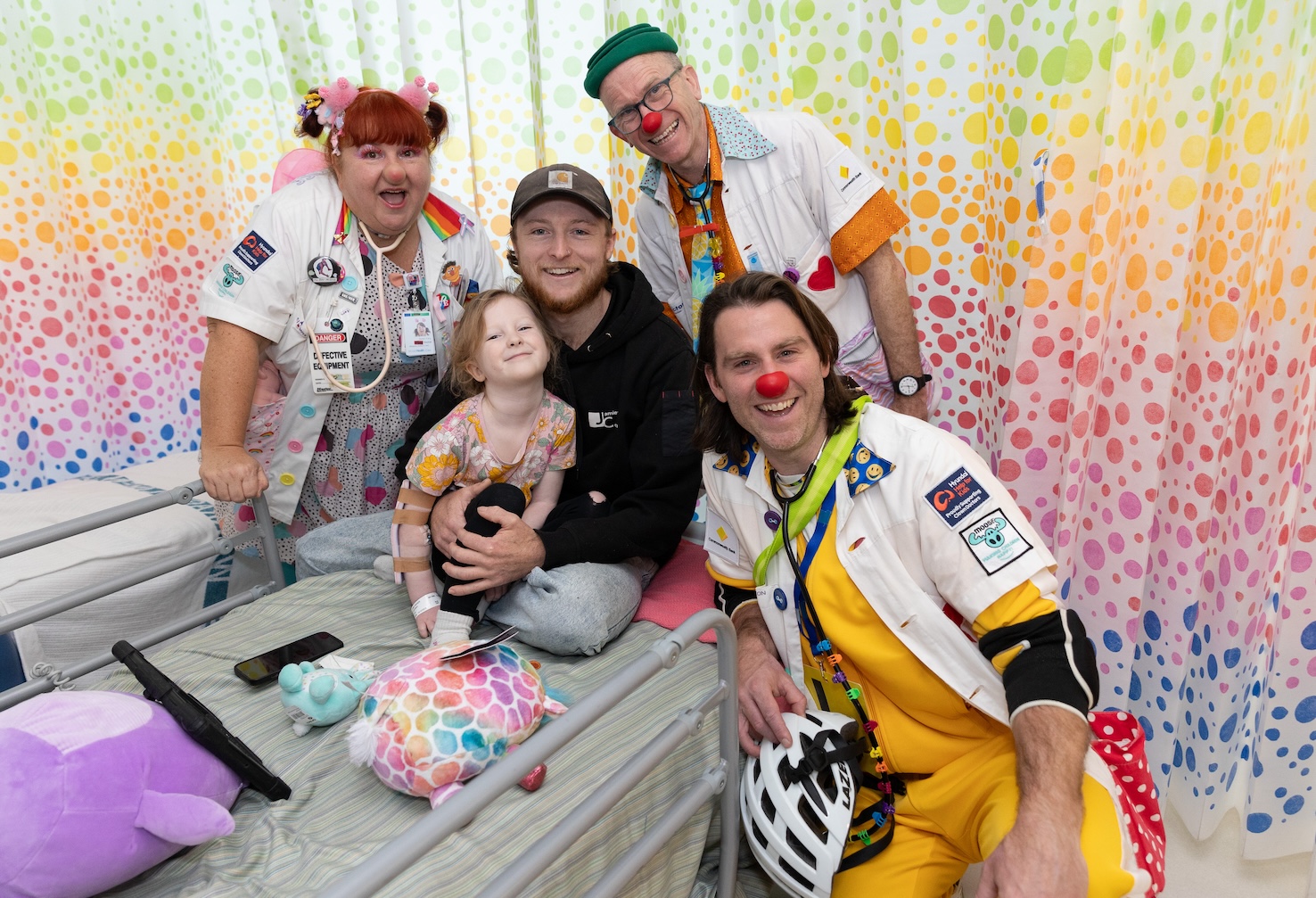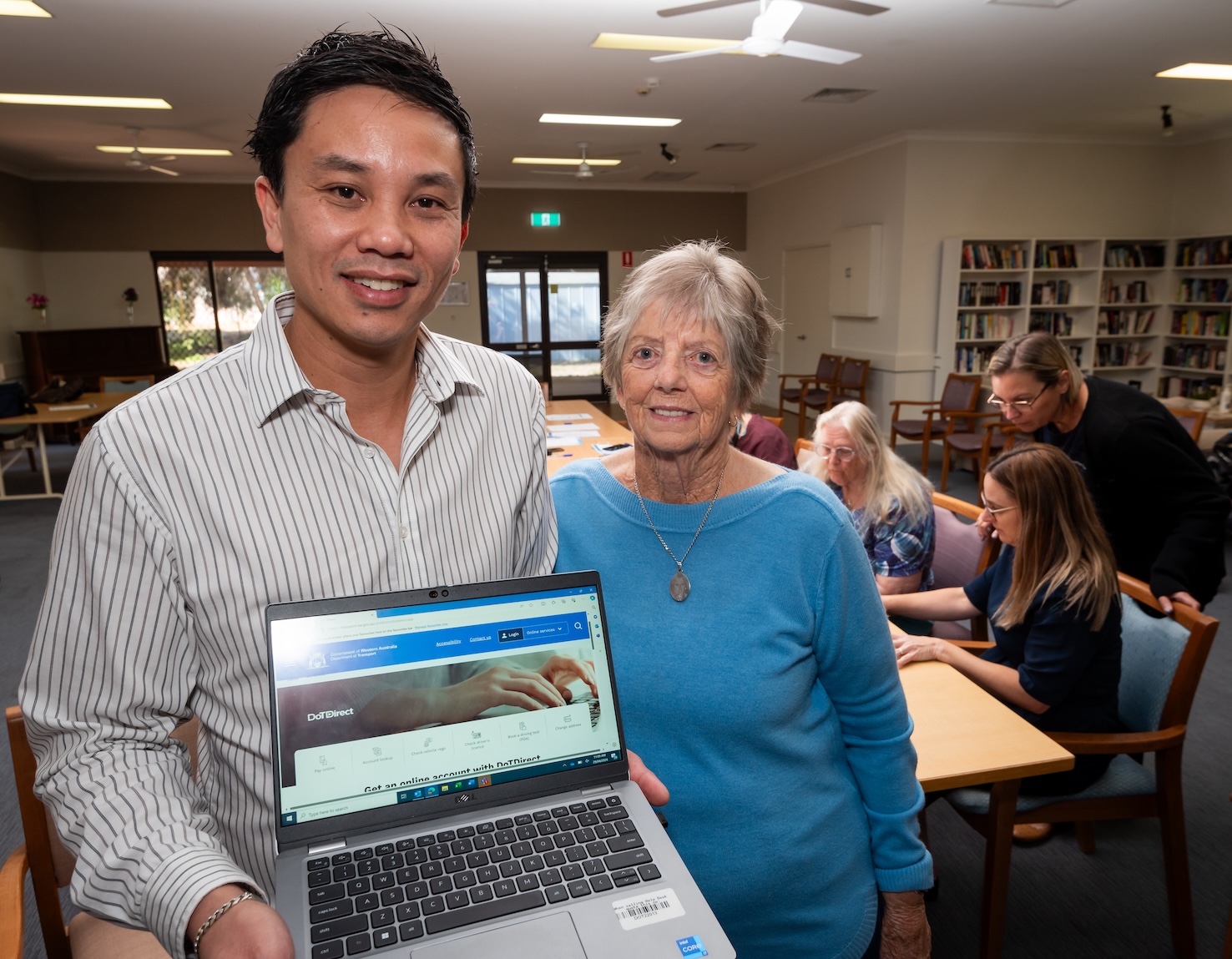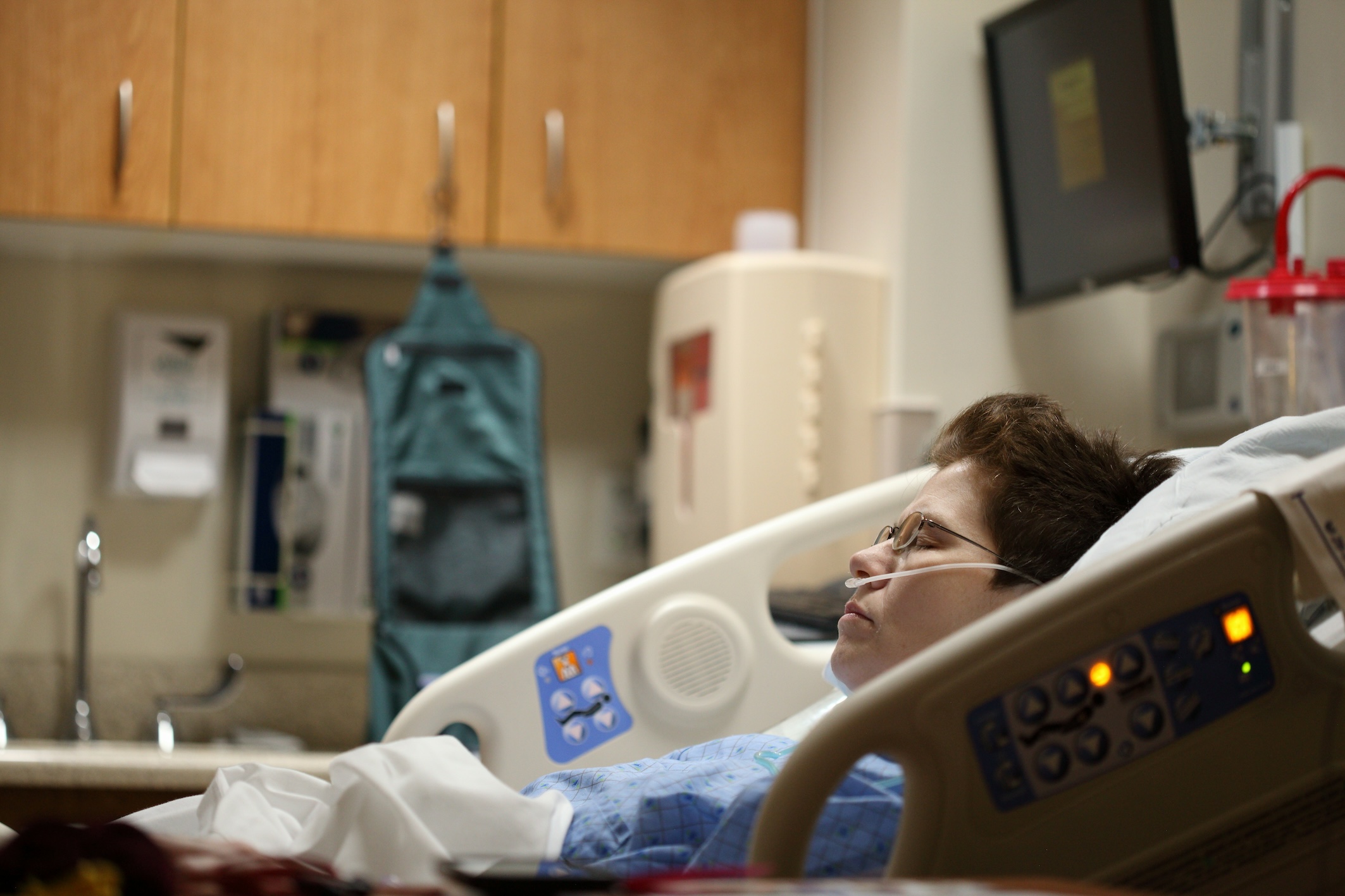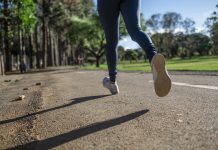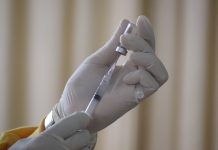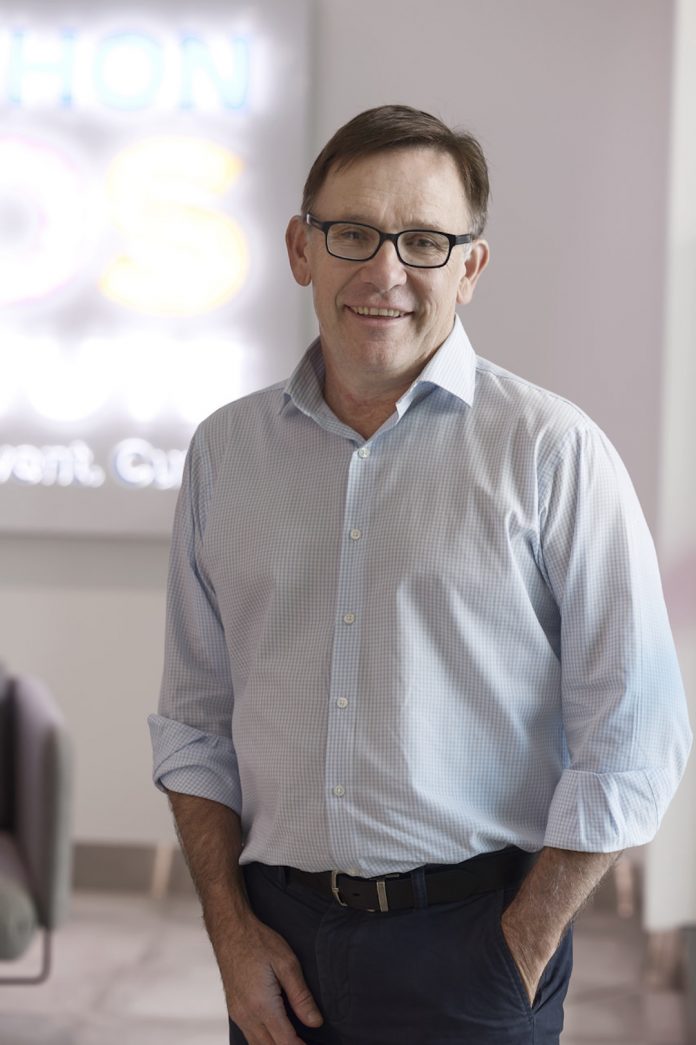Most vaccines wane in effectiveness over time, especially in older people. Therefore, many seniors are being urged to get a third or even a fourth Covid vaccine to boost their immunity.
Professor Peter Richmond, head of the vaccine trials group at the Telethon Kids Institute, says we don’t know the best long term strategies for booster vaccinations; whether one or more booster vaccines will be required and which combination of vaccines provide the best protection against Covid-19 including existing and future variants.
The Picoboo (Platform Trial in Covid-19 Vaccine Boosting) study aims to answer these questions.
“Australians have had access to Pfizer or Moderna mRNA vaccines, as well as the Astra Zeneca viral vector vaccine and now Novavax, so this research will provide high-quality data to determine which vaccine combinations work best in providing the strongest initial antibody response and long-lasting immune protection,” he said.
“It is currently unclear if additional Covid-19 booster vaccination will be necessary soon and, if so, whether fourth and future booster doses will be required for all Australians or only select age groups and vulnerable populations such as the elderly, pregnant women and those with other medical conditions.
“We are also seeking answers on what the future holds with Covid-19 as a regular fixture in our lives, such as if there will be a need for an annual Covid-19 vaccine like influenza and if booster vaccinations will be required before travelling overseas to places where other strains may be dominant.
“This research will play a vital role in answering these questions and ensuring we have the best possible Covid-19 vaccine strategy for all Australians, as well as providing ongoing surveillance to tailor the program as additional variants of the virus emerge and new vaccines become available,” said Professor Richmond.
A trial in Israel found that people who had the Pfizer-BioNTech Covid-19 booster jab are 10 times less likely to get infected, and nearly 18 times less likely to get severe infection, than those without a booster.
Professor Richmond said these data are impressive and speak to the utility of booster vaccination for protecting against severe disease (including delta variant) and hospitalisation.
“There is a need for further research to evaluate the durability of protection offered by vaccination, particularly in vulnerable groups, and the cross-protection offered against SARS-CoV-2 and its variants, including Omicron and additional variants that might emerge in the future,” he said.
The team is looking for 800 healthy volunteers who have had two or three shots of Covid vaccine.
“At this point we urgently need to capture information from the final cohort of Australians who haven’t had their booster vaccine, and I would urge those in this group to take the opportunity to play a role in guiding our way forward out of this pandemic,” said Professor Richmond.
“We will be aiming to understand further immune responses to an additional, third and fourth Covid-19 vaccinations.”
The study will involve giving booster shots of a vaccine approved for use in Australia to the volunteers. They will then be required to undergo blood and saliva tests on up to six occasions during the study and to complete daily surveys for seven days after the vaccine visit to see if they have had any reactions, another survey on day 28 and every three months for up to 720 days to check for any COVID-19 symptoms and whether they have been admitted to hospital or required time away from work, study or their usual activities.
For more information about PICOBOO, visit infectious diseases.telethonkids.org.au or call the Vaccine Trials Group at the Wesfarmers Centre of Vaccines and Infectious Diseases on 0400 450 240.
This study is being run by researchers at the Telethon Kids Institute, the Adelaide Women’s and Children’s Hospital, Launceston
General Hospital, the University of Sydney, and the Royal Melbourne Institute of Technology.
It is funded by the Medical Research Future Fund (MRFF).



